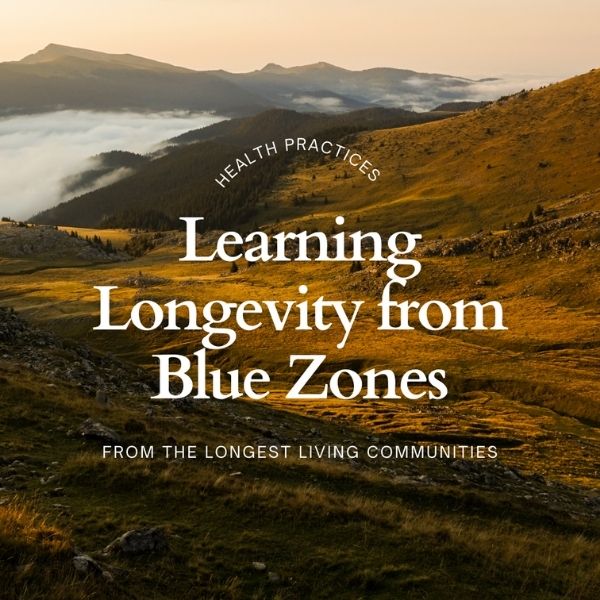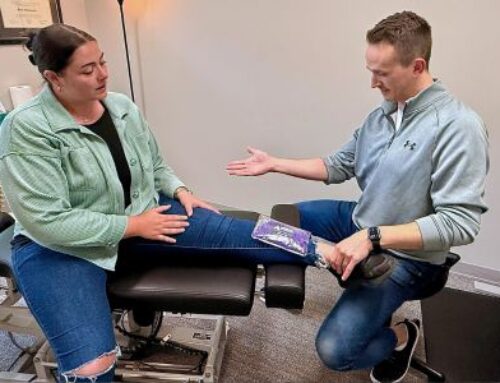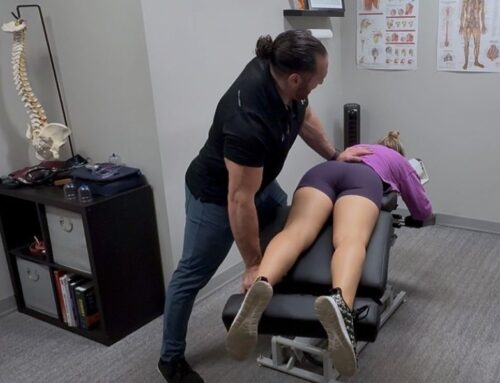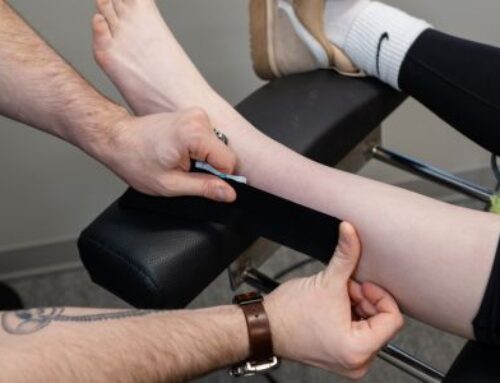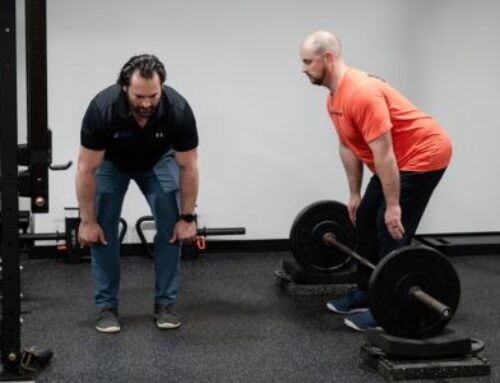Blue Zone: a region of the world in which there is the highest concentration of centenarians, living healthy and happy lives.
Dan Buettner, a National Geographic fellow coined the term of Blue Zones after heavily researching and spending time in 5 specific areas around the globe.
● Okinawa, Japan
● Sardinia, Italy
● Nicoya, Costa Rica
● Ikaria, Greece
● Loma Linda, California
The only one that tends to stand out to most people is Loma Linda, surprising that there is a region in the U.S. with a large concentration of some of the healthiest and oldest individuals. However, it is mostly explained by the fact that this region is mainly a community of Seventh Day Adventists, who place a large focus on their health in their religion.
All of these locations have different reasons and details for why they are among this list, as they all include completely separate cultures, teachings, environments, etc. Yet, they all still follow a similar 9 characteristics; 9 things that bring these regions together to teach us some important lessons on health and longevity.
Move in a natural way – Regimented exercise is not necessarily a part of the Blue Zones, rather they create movement around their lives. They live in areas where it is required of them to move, walk, and hike daily to carry out their chores, work, and lives. It takes away the thought process of when and how to move to counteract an otherwise sedentary lifestyle. Their lives are just generally active each and every day without thought.
Have a sense of purpose – “Ikigai” in Okinawa, and “plan de vida” in Nicoya, a sense of purpose or why they wake up in the morning is studied to add seven extra years to one’s life expectancy. In the U.S., we are often conditioned to see this sense of purpose as our job or career; while this very well could be the case for some people, you do not need to feel as though it needs to be. Your “why” is not limited to the work you do for financial compensation. Find what makes you excited!
Stress less – All beings experience stress, even those in the Blue Zones. Some levels of stress are necessary to carrying out life, but we need a way to soften the blow effectively and routinely. That is what those in the Blue Zones do; they have specific practices known to aid their stress levels on a regular basis. In these areas, these practices range from prayer, remembrance of ancestors, naps, to happy hours.
80% rule – A simple one, but difficult in practice for most people. The Okinawans say “hara hachi bu” before each meal as a mantra to remind themselves to stop eating when they are 80% full.
Favor plants – Another straightforward concept, but not so simple in practice. Those in the Blue Zones make beans a central aspect of their daily diets. Meat is eaten, but only a handful of times each month. Some large examples of the beans consumed by those living long lives include fava, black, soy, and lentils.
Drink wine regularly – All of those in the Blue Zones, except in Loma Linda, drink alcohol in a moderate and regular fashion. But the manner in which it is done is important for extending life. Drinking 1-2 glasses of quality wine with family and friends, and/or with food. This ritual brings connection, and enjoyment, rather than saving up that same amount to drink all in one evening each week.
Feel like you belong – Most of those in the Blue Zones belong to some sort of faith-based community. The denominations range extensively, so that is not found to matter in terms of extending life expectancy.
Keep family close – Unlike practices found in the U.S., those in the Blue Zones keep aging grandparents nearby or in their own homes. They also tend to commit to a life partner and invest time and love into their children’s lives to help continue the cycle of the children later on caring for them in old age.
A healthy social circle – In Okinawa, “moais” are created in which each person chooses or is born into a social circle of about 5 friends where they are committed to each other for life. They do weekly walks and create networks of others to help shape favorable health behaviors, as it is often contagious.
As we know, genetics still play an entirely large role in being able to live to 100 years old; however, we all have the capacity to begin and continue practices in our lives to extend them quite a bit and maybe even without chronic disease. How many of these practices do you feel you already embody, and what ones might you like to look more into?

